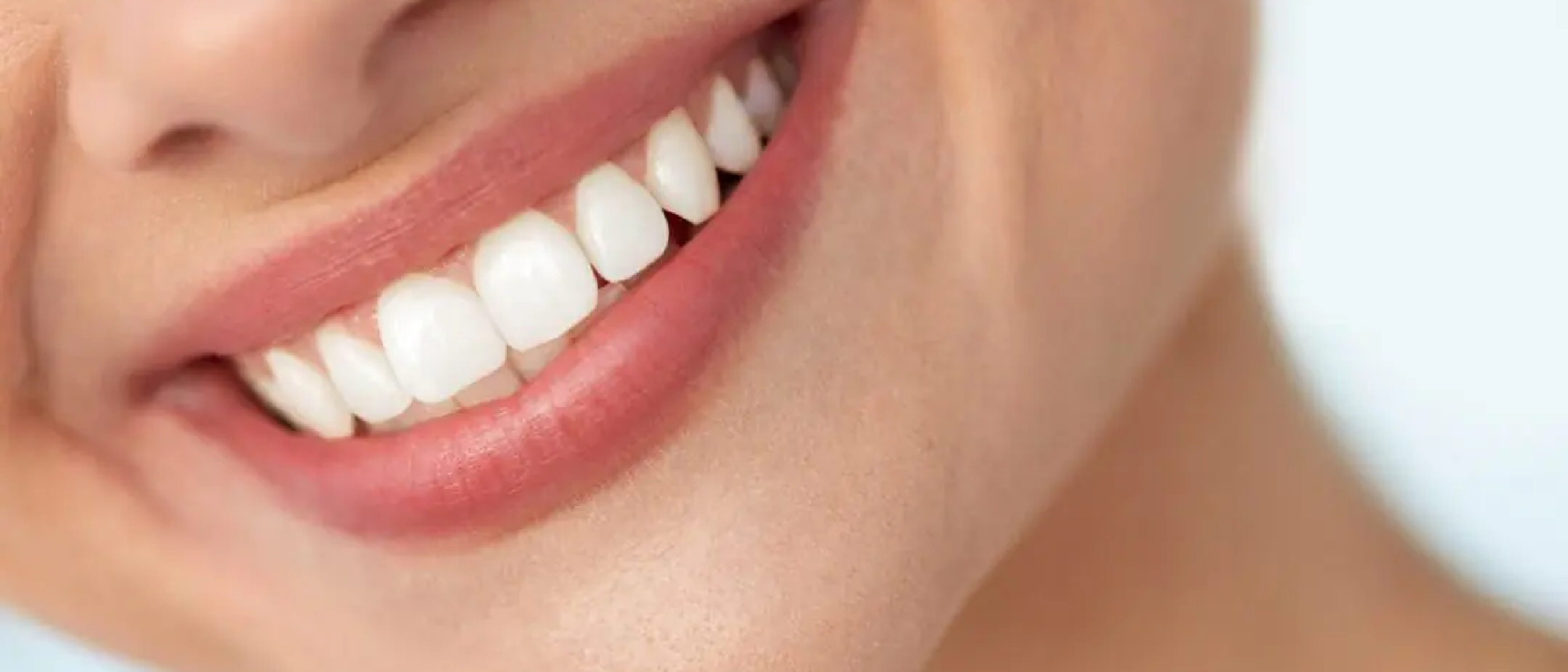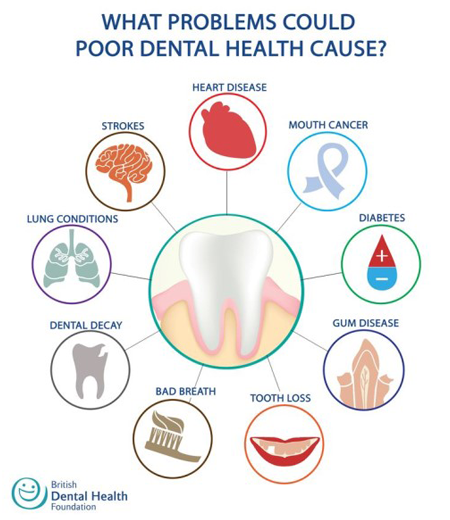Oral Health And Your Wellbeing
Posted on January 25, 2025 • 3 min read • 614 words
You might have heard the familiar saying :
A healthy mouth is the gateway to a healthy body.
How does good oral health affect the rest of your body? And what are the consequences of not maintaining good oral hygiene?
Did you know that your oral health offers clues about your overall health?
Your oral health is more important than you realize!
You know you should brush twice a day and floss daily, but you might be surprised to learn that it’s not only for preventing cavities and keeping your teeth clean. It’s also because keeping your mouth healthy is an important part of your overall health and wellbeing.
Benefits of good oral health are
-Confidence that comes from a healthy smile. It’s an accepted fact that a beautiful smile enhances your poise and self-esteem.
-A healthy smile improves your visual appeal, leading to better opportunities at work and in social circles. A win-win scenario!
-A clean mouth keeps bad breath away, preventing embarrassment and avoids putting people off.
-Good oral hygiene helps ensure that you keep your teeth for a lifetime, whereas poor oral health could require extensive, lengthy or potentially expensive treatment to correct.
-Safer pregnancy. Studies have shown that poor oral hygiene in the mother is directly linked to the baby being born prematurely or having low weight at birth.
-Decreased risk of certain cancers. Maintaining good oral hygiene can actually make you less susceptible to certain types of cancer.
-More weight loss success if you’re trying to lose weight. Who wouldn’t want that?
-Better overall wellness and quality of life.
A beautiful, healthy smile can do wonders for your self-confidence, nutrition and societal image. Conversely, unsightly teeth can take a toll on one’s self-esteem, eating habits, social life and career trajectory. Poor oral health can lead to not just decayed teeth, bad breath and bleeding gums but also conditions that affect vital organs in the body.

If uncontrolled, bacteria in the mouth can multiply and enter the bloodstream, affecting other parts of the body.
Untreated gum disease or tooth decay can make one more prone to
Heart disease
Stroke
Alzheimer’s disease
Pneumonia
Kidney disease
Sleep apnea
Glaucoma
Just as poor dental health can contribute to other medical conditions, the reverse is also true: for instance, people with uncontrolled diabetes have a greater chance of developing severe gum disease. Similarly, patients with osteoporosis (weakening of the bones) are more likely to also have gum disease. Gum disease is also known to progress more quickly in patients with obesity.
The most common signs of poor oral hygiene are
Bleeding gums
Loose teeth
Chronic bad breath
Tooth decay
Mouth sores that won’t go away
Low-grade near-constant pain or tenderness in the teeth and gums.
What should you do to keep your mouth healthy?
Brush twice a day with fluoridated toothpaste
Floss daily. Ask your dentist to show you how if you’re finding it hard to floss!
Stay hydrated.
Rinse after you eat or drink.
Eat healthy.
Avoid carbonated drinks, smoking and alcohol.
Take care of any medical issues you might have.
Replace your toothbrush every 3 months.
Visit your dentist twice a year.
There is a strong correlation between good dental hygiene and favorable general health, so when you take care of your oral health, you are supporting your overall health too!
If you would like to know more about how to take better care of your teeth and improve your overall health in the process, please get in touch with us.